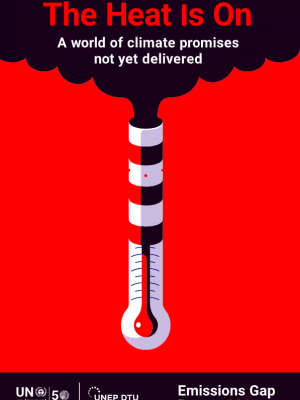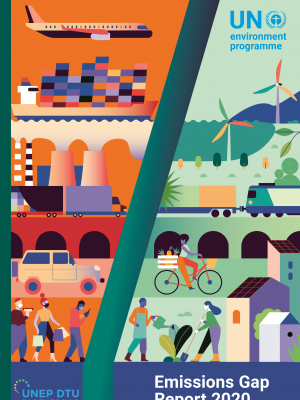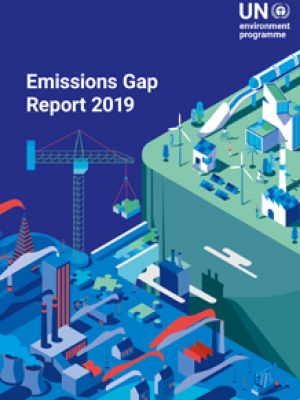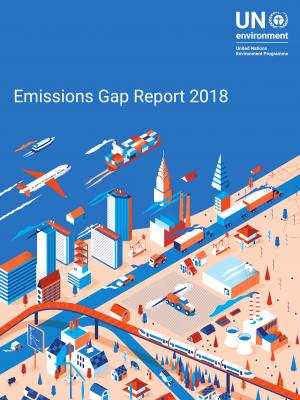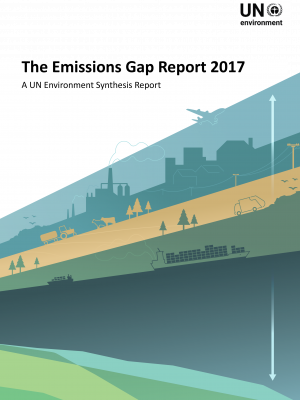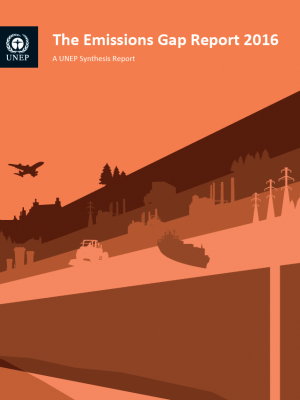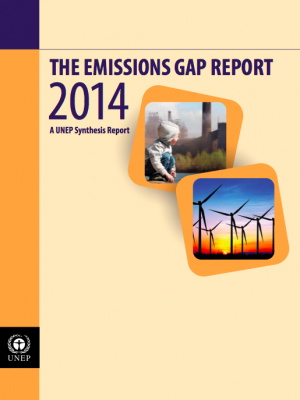Ahead of the UN Climate Action Summit 2019, UNEP with support of NewClimate Institute has released an advance chapter of the flagship 2019 Emissions Gap Report, which notes that G20 members, who account for around 80 per cent of global greenhouse gas emissions, are not yet taking on transformative climate commitments at the breadth and scale necessary.
The chapter titled “Bridging the Gap: Enhancing Mitigation Ambition and Action at G20 Level and Globally” notes that “the majority of G20 countries are not yet taking on transformative climate commitments at the necessary scale—if this does not change, the goals of the Paris Agreement will slip dangerously far from reach”.
Key findings:
The chapter provides a comprehensive overview of recent ambitious climate actions by national and subnational governments as well as non-state actors, and a detailed overview of policy progress and opportunities for enhanced mitigation ambition for selected G20 members. The chapter’s objective is to inform the preparation of updated nationally determined contributions (NDCs) and long-term strategies (LTS) that countries are invited to submit under the Paris Agreement by 2020.
The overview shows that the G20 members, collectively, have not yet taken on transformative climate commitments at the breadth and scale necessary to fullfil the goal of the Paris Agreement. The number of countries and states that are committing to zero greenhouse gas (GHG) or carbon dioxide (CO2) emission targets, though it is increasing, is still far from what is required. Economy-wide climate action such as completely phasing out fossil fuel subsidies, introducing comprehensive and ambitious carbon pricing and making all finance flows consistent with the Paris Agreement remains extremely limited. For the electricity generation sector, several countries and regions have communicated 100% renewable electricity targets, but those that are phasing out coal-fired power plants are predominantly countries that already have low shares of coal. For the transport sector, a growing number of countries, regions and cities have committed to phase out combustion engines and shift more strongly towards public transport, while areas like aviation, shipping and freight transport lack such commitments to date.
The report shows that unless NDC ambitions are increased immediately and supported by action, exceeding the 1.5°C goal can not be avoided anymore. However, the chapter also makes clear that today there are more opportunities and incentives for ambitious climate action than ever before, i.e. renewables being the cheapest source of power generation in most of the world and falling battery costs, providing a strong basis for enhancing NDC ambitions.



